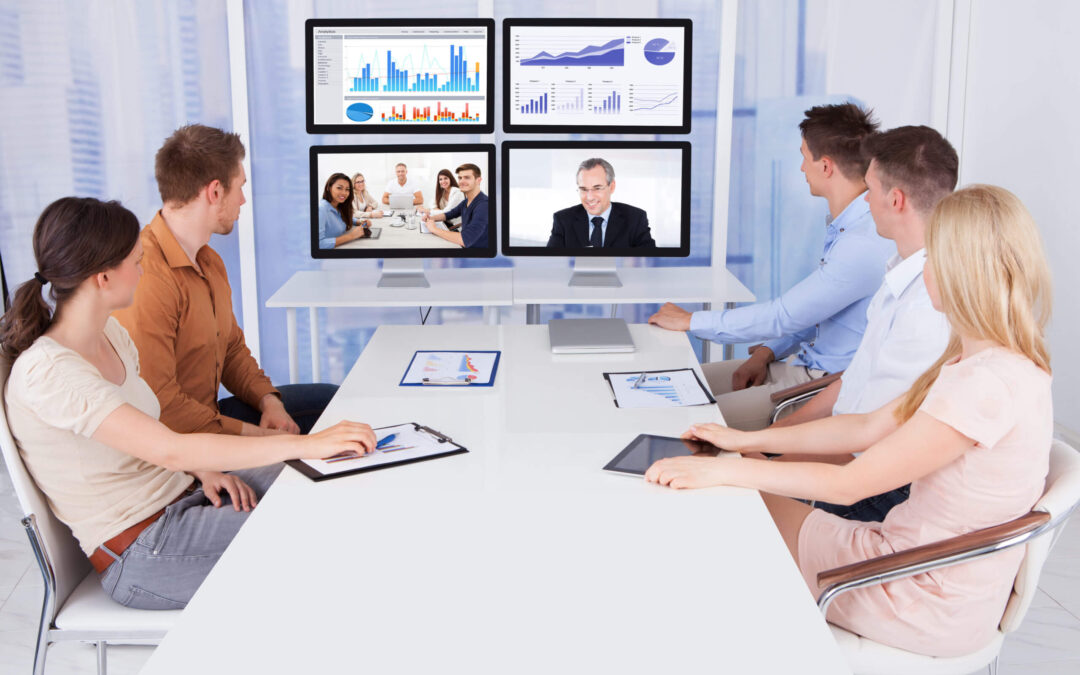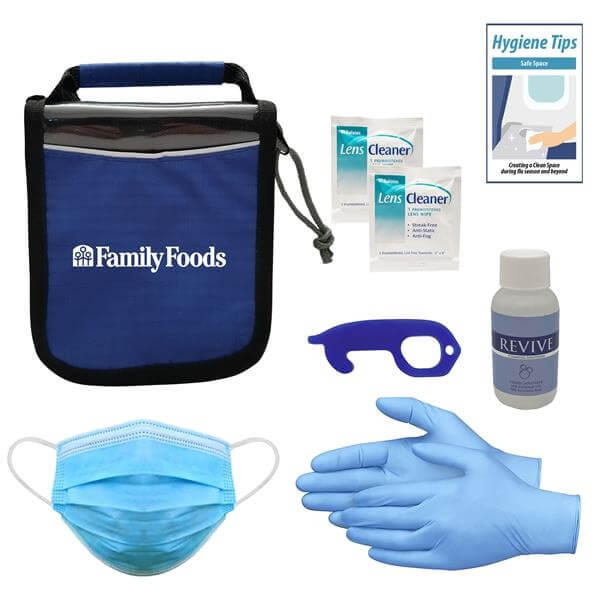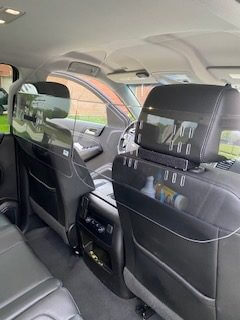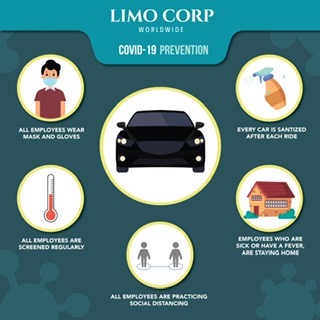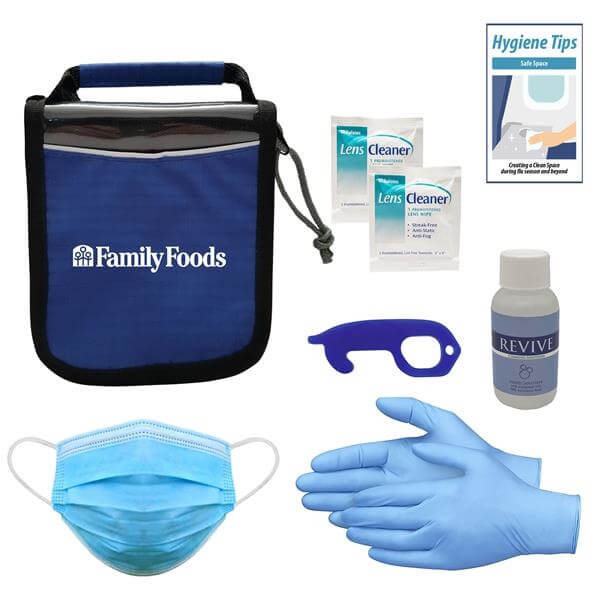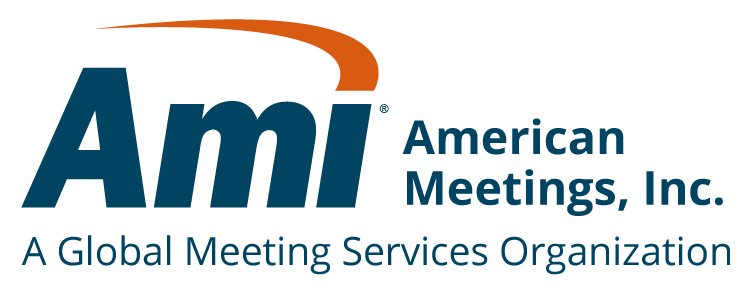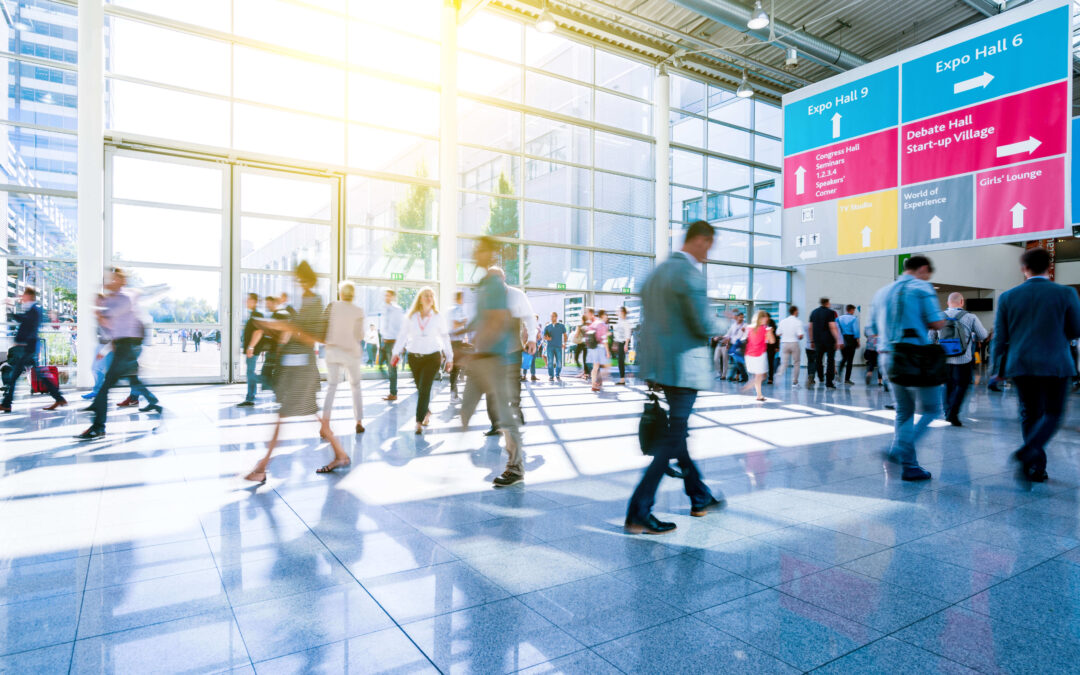
7 Tips for Planning a Successful Virtual or Live Tradeshow
Tradeshows can be very beneficial – for event organizers to generate additional revenue and industry recognition; for vendors to receive more exposure, leads and sales; and for attendees to get inspired and make connections.
Our current climate has changed how tradeshows look and how they are conducted, but they are worth it, especially if set up and managed well.
Here are some tips to do exactly that:
Give It Time
Especially on a first-time tradeshow or expo, give your team plenty of time to brainstorm and plan. Consider the target audience, overall goals, and how to achieve the objectives. What needs and wants does the team have? Does it make the most sense to be virtual or live? What’s the overall budget? What traits will the ideal venue have (if live)? Who may sponsor? Who may want to have exhibits?
Don’t rush, instead, take the time to build a high-quality event that will build interest for years to come so you don’t have to reinvent year over year. Consider how the event may look now and how you’d like it to look in the future.
Plan a Theme
With a deep understanding of your objectives, target audience, and expected vendors, choose a theme that helps you clearly identify your message and reach out to prospects. The clearer you are, the easier it is to target the appropriate demographics and appeal to them. Do your research to create a tradeshow that meets the needs of both attendees and exhibitors.
In marketing and branding, use the theme – and have fun with it!
Get Sponsors
Whether exhibitors, product or service sponsors, get commitments on advertising. Advertisers can purchase recognition by sponsoring all print materials (if you use them), gifts/swag (whether shipped or in-person), catering (if applicable), awards, programs, entertainment, and more. Get creative and off-set costs with great sponsors.
Knowing your budget will help you determine how many and what types of sponsors you need. In the virtual meeting setting, you can still brand slides, gifts, awards, and more. Be creative with sponsorships and be sure to deliver value to both advertisers and attendees.
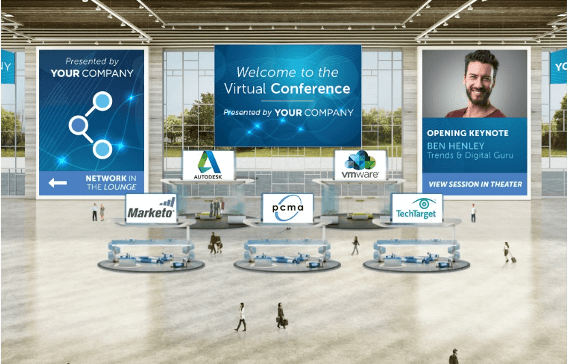
Book Your Venue or Determine Your Platform
Knowing your theme and expected attendance and exhibitors, choose a venue that can appropriately accommodate your expo. If you are doing a hybrid or virtual event, choose an online platform that can accommodate all your registration and tradeshow needs. Vendors may want to use online scheduling platforms to meet with participants in a one-to-one setting, virtually or in-person for demonstrations. Help to make this happen by determining needs and including them in your planning.
Breakout rooms – whether virtual or live, need to meet your goals and budget and be easy to navigate. Use clear communication to help participants know how to find what they need.
Book as early as possible to get the best location and rate and be sure to ask about cancellation policies in case of changes to local mandates. Use technology to increase engagement and safety wherever possible, such as creating digital maps and check-in.
Plan the Layout (If In-Person/Hybrid)
Once you have a venue chosen, plan a layout that includes premium booth spaces and standard spaces to offer to prospective vendors. Be sure to include information about outlets, drapes, booth set up/tear down, and more to communicate early and often.
Use signage to support safety measures and attendee flow. Manage occupancy guidelines with restricted and/or monitored entrances.
Understand the limitations and new protocols for safety including waiting areas, parking, registration, and amenities. The venue can offer suggestions for room set-up which you want to take into consideration for flow, especially if distancing rules are in place.
Plan the Flow (If Virtual)
Venue layout is exchanged for event flow in the digital space. Practice how participants will “travel” through the event, such as using waiting rooms and breakout rooms. Determine how attendees will participate and what needs to be in place to facilitate sessions and transitions.
Determine any backup plan in the case of technical issues.
Consider Entertainment
Relevant entertainment and fun can incise attendees into the show and keep them there longer. Determine what needs attendees may have and try to meet those needs (such as refreshments and beverages) to keep participants engaged and moving through the expo.
Whether virtual or live these components can be included and should be! Being distracted can happen more frequently when an attendee is virtual – so fight for their attention by inviting them to engage with gifts they open at specific intervals in the event or by using a fun MC and providing entertainment.
With live or hybrid events, entertainment should be booked early as well and used to help promote the fun of the event, and catering should be on par with the theme and overall flow.
Market, Market, Market
To make the event truly beneficial, attendance is critical. Encourage cross-promotion by having vendors invite attendees as well. Remember, you will be selling vendor spaces, advertising spots, and admission tickets almost simultaneously. Being clear about who will attend and who will exhibit will help you do this well.
To learn more about security in virtual meetings or other ways to make your next event the best it can be, contact AMI today.

